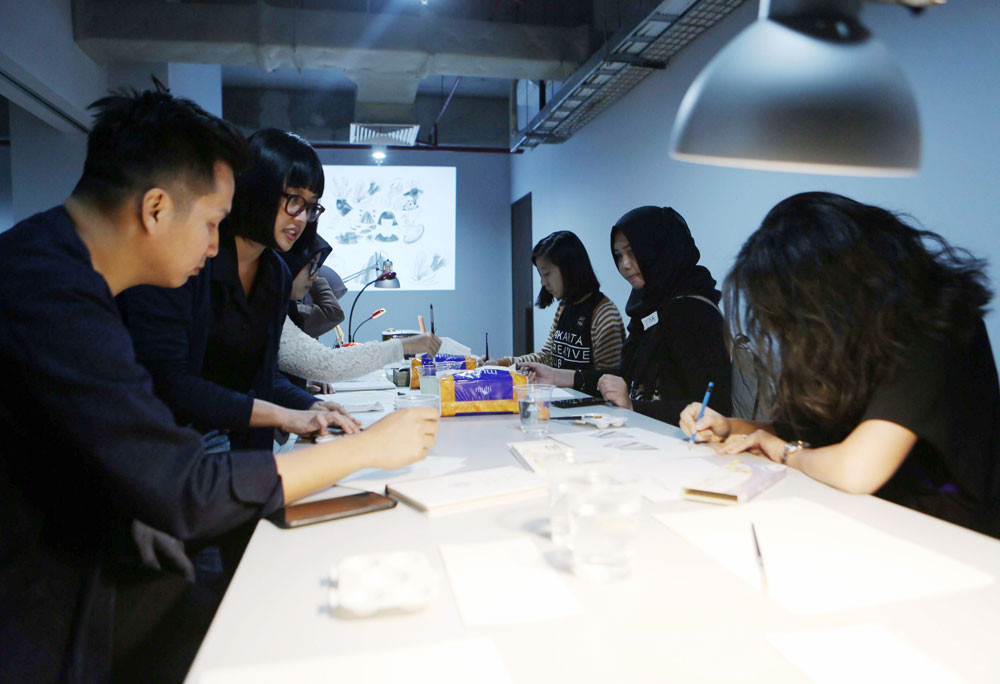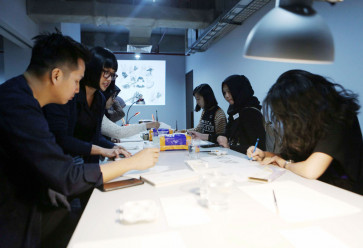Popular Reads
Top Results
Can't find what you're looking for?
View all search resultsPopular Reads
Top Results
Can't find what you're looking for?
View all search resultsLesson learned: Mismanaged creative hubs provide cautionary tale for future expansions
The story of the Bandung Creative Hub serves as a warning for the central government as it seeks to develop such hubs in other parts of the country, as budgetary and governance issues still loom large.
Change text size
Gift Premium Articles
to Anyone
T
hirty-nine-year-old Claudine Patricia has not forgotten her last day at the creative hub in Bandung, West Java, even after months.
The former librarian was fired in 2018 when authorities decided to slash the operational budget for the following year. The sudden work termination was a tough pill to swallow for Claudine, who had sacrificed her sub-minimum wage salary to add to the library’s collection and borne uncovered operational costs while organizing activities all by herself.
“It is a bitter memory that I’m trying to forget. I was stunned until 5 in the morning [after I was fired],” said the literature enthusiast in August last year.
Bandung Creative Hub Program coordinator Febby Arhemsyah said last August he had to wait for the 2020 budget to fix a previously inundated auditorium that had leaks and several broken seats. He admitted it had been hard to maintain the facilities and hold activities in the hub, citing bureaucracy and budget constraints as the main barriers.
The Rp 40 billion (US$2.88 million) six-story building may have seemed like a good idea to former Bandung major Ridwan Kamil, now the governor of West Java, when he inaugurated the so-called “home of creative industry” in 2017. But its occupants’ stories serve as warnings for the central government as it seeks to develop such hubs in other parts of the country, as budgetary and governance issues still loom large, creative economy observers have said.
The government hopes to elevate the ever-growing creative economy into one of the country’s new economic growth engines amid rising global uncertainties that have dealt a blow to exports and investment.
Data from the Creative Economy Agency (Bekraf), which has been merged with the Tourism Ministry in Jokowi's second term, shows that the creative economy contributed Rp 1.1 quadrillion to the gross domestic product (GDP) in 2018, more than double the Rp 526 trillion achieved in 2010.


















